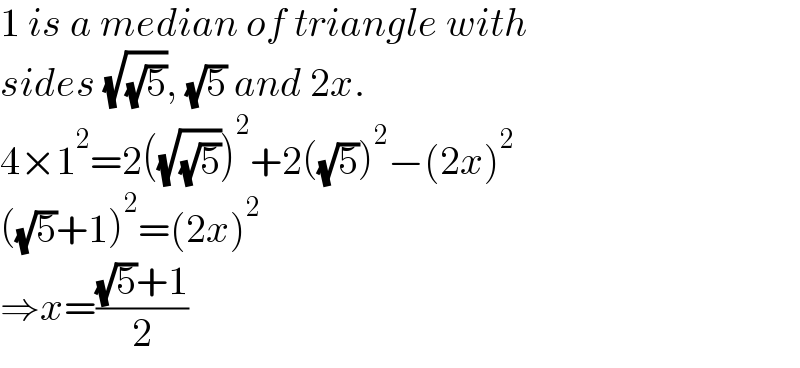
Question and Answers Forum
Question Number 143332 by bramlexs22 last updated on 13/Jun/21
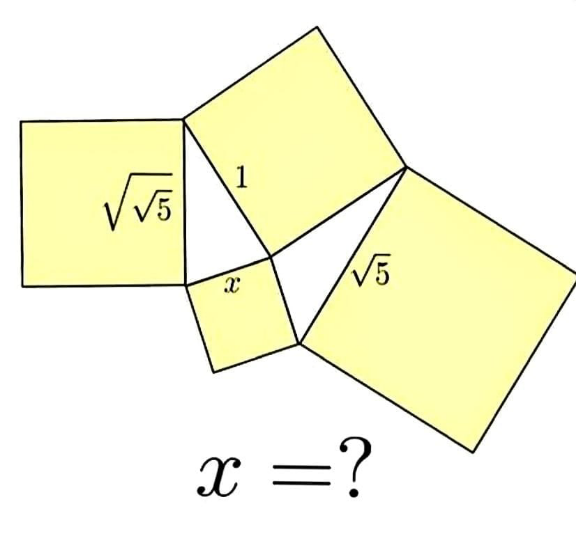
Commented by soumyasaha last updated on 13/Jun/21

Commented by mr W last updated on 13/Jun/21

Answered by nimnim last updated on 13/Jun/21
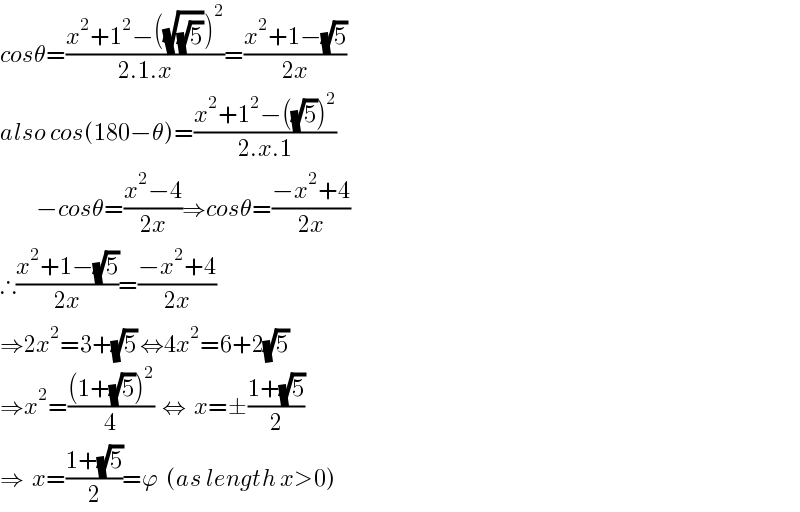
Commented by nimnim last updated on 13/Jun/21
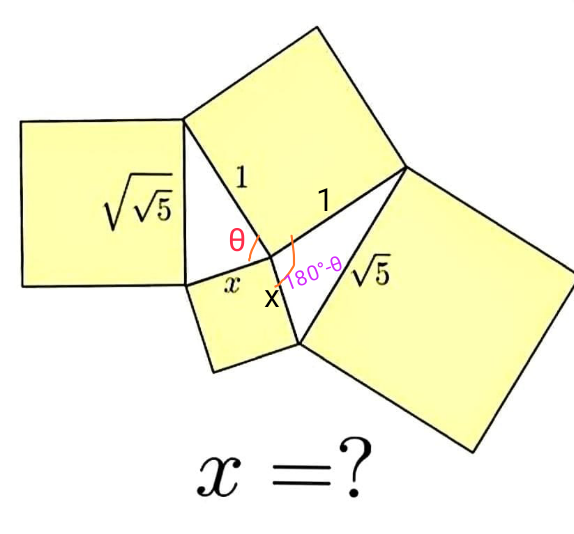
Answered by mr W last updated on 13/Jun/21
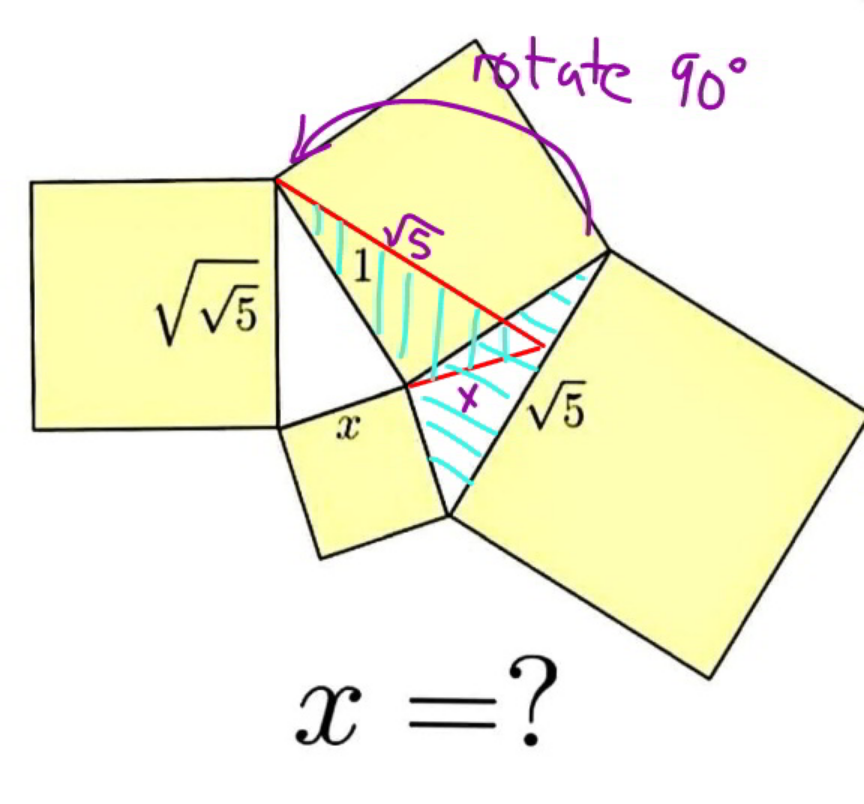
Commented by mr W last updated on 13/Jun/21
